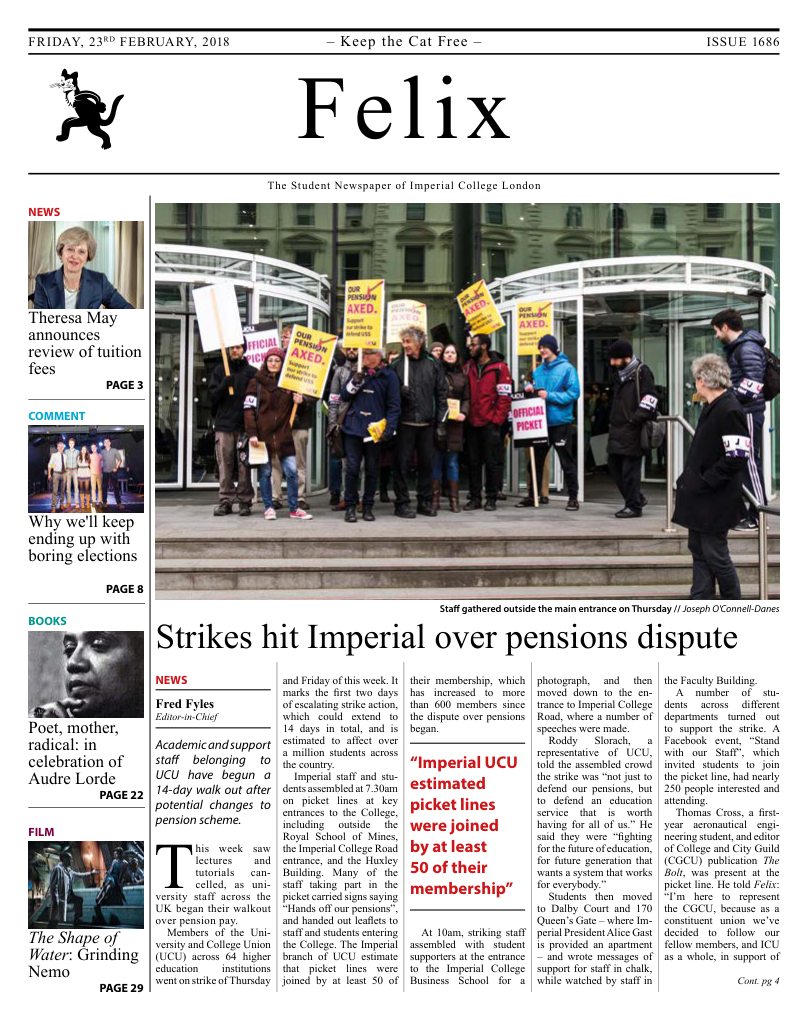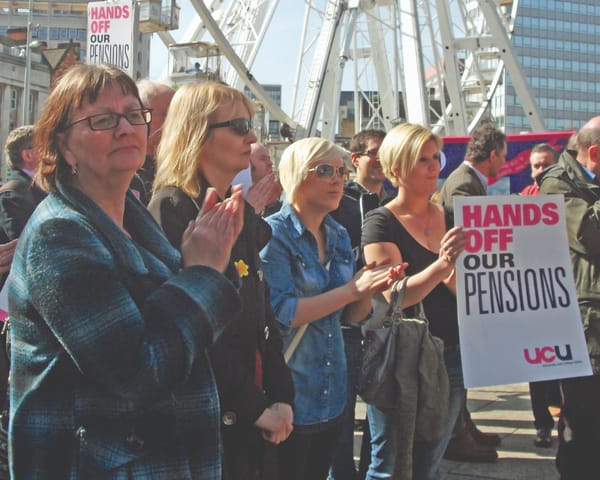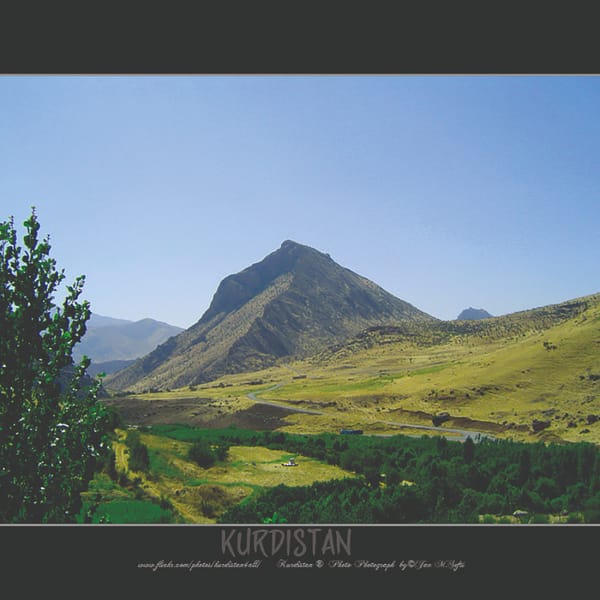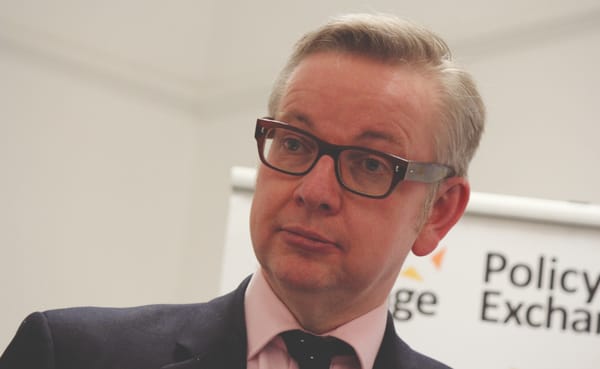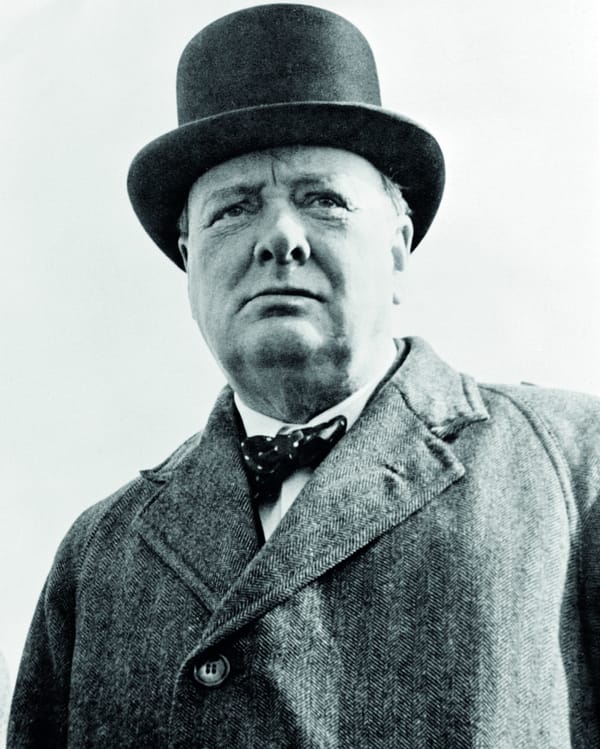The Winter Olympic’s joint South & North Korean delegation
Politics Editor Avirup Banerjee argues that the Winter Olympic’s unified North and South Korean ice hockey team is a terrible idea.

One of the worst clichés trotted out during world sporting events, like the Olympics, is that sport should be above politics. Yet this couldn’t be further from the truth. Some of the most memorable moments in Olympic history have been steeped in politics: from Jesse Owens’ defying Adolf Hitler’s Aryan supremacy right under his nose to the black power salute challenging racial bigotry in the 1968 Summer Olympics. Thus, when the South Korean government invited their bitter rivals from the north to compete alongside them in the current Winter Olympics, it was well within this long tradition of sports and politics being intertwined. Yet the question that remains is whether this remarkable act of reconciliation by the south will have any positive effect or not. This is not the first time the North and the South have marched together in an international sporting event: they did so most recently in the 2014 Asian Games. Yet each time, such gestures by the South have been met by nuclear tests and other UN violations. Instead, could this gesture bring further legitimacy to the Kim-Jong Un regime? The Kim family has dilapidated the vitality of the innocent people of North Korea by transforming the entire country into a concentration camp. They have waged a war of constant fear on their neighbours by routinely threatening them with nuclear annihilation, accompanied by sporadic kidnappings and assassinations. It is difficult to argue to South Koreans, who live under the constant spectre of nuclear mushroom clouds, that this tyranny could be rewarded by the honour and pageantry of the Olympic Games.
It should be remembered that this decision by the South Korean government has not been very popular with its people. It was hard earned tax dollars from the South Korean citizens that financed the hosting of this event. Yet in events like ice hockey where both nations are competing as one unit, South Korean athletes who have trained for years to compete and represent their country in front of their home crowd are having to sacrifice their well-earned places to make way for their ill-trained North Korean counter parts. As a result, one the key tenants of the Olympics, meritocracy, is being abandoned for a gimmick that is unlikely to yield any meaningful results.
The citizens of South Korea have provided large quantities of financial aid and food relief to the North. Yet their gestures of good will have been reciprocated with hateful propaganda by the regime to their isolated people. Therefore, a time may come in the future when South Koreans say enough is enough. Let us hope that this unnecessary gesture does not result in greater resentment by South Koreans which would hinder future peace efforts.
“South Korea has provided aid to the North, but this has been reciprocated with hate”
The decision by the South Korean government is not without any merits. They have been placed in between a proverbial rock and hard place. By including the North Koreans, the South Koreans have endeavoured to avoid any incident in the demilitarised zone along the 35th parallel. The last time South Korea hosted the Olympics (the Summer event in 1988) the North Koreans shot down a South Korean passenger airliner, killing over one hundred people.
However, by yielding to intimidation, the South Koreans have unilaterally declared that blackmail works. At the heart of the Olympic spirit is following the rule book. Has the threat of terrorism been incorporated into the Olympic charter somehow?
The Olympic spirit, since ancient Greece, has symbolised the hope for world peace, yet in reality such events cannot be allowed to be hosted in political silos. We must not be lulled into a false kumbaya moment. The North Koreans will not enter the negotiating table to surrender their nuclear arsenal and abandon their hostile and aggressive posture by simply allowing them to compete in the Olympics alongside their South Korean brethren. North Korea is a pariah, and so needs to be isolated and not given further gestures of goodwill. South Africa was boycotted for over a generation from sporting events due to apartheid. Surely the vast crimes of North Korea warrant a similar, if not greater, global isolation.
The pathway to hell is often paved by good intentions. The unification of the Korean peninsula through peaceful and diplomatic means is a noble idea. It is important, however, to remember that the vast majority of South Koreans were born after the Korean War in the 1950s – with no memory of a unified Korea. Yet why should young South Koreans have to see their sporting heroes cast aside for political stunts that have little prospects of advancing the peace process? South Korea and the rest of the world shouldn’t abandon the people imprisoned within that slave state. And to their immense credit, the family of nations led by South Korea have led the humanitarian aid effort for decades that has prevented mass genocide due to starvation. But welcoming the North Korean regime to parade themselves under the Olympic banner as if there is no real crisis at hand, will do a disservice to the seriousness required.

